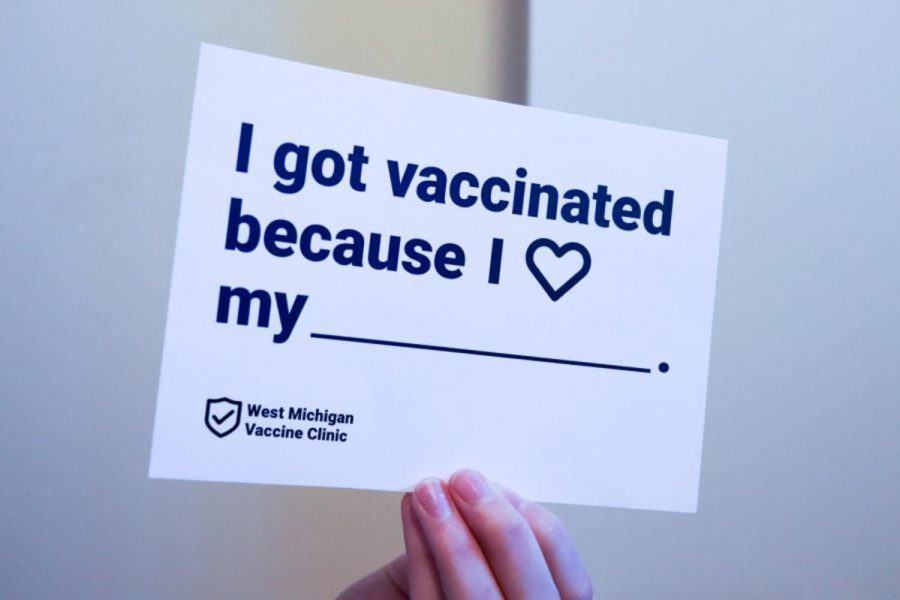Local expert offers insight into decline in monkeypox case rates
Oct 24, 2022
Case rates of monkeypox have continued to decline in the United States following a summer peak. As the disease’s initial rapid rise has now slowed, local experts are forming conclusions as to why the virus did not reach pandemic-level proportions that many feared it would after several years of COVID-19 fatigue.
Monkeypox is a rare infectious virus that has been mostly confined to African countries until recently, according to the CDC. It is suspected that African rodents and primates harbor the virus and are capable of infecting humans, explaining the lull between the discovery of the virus in 1958 and the current outbreak.
Monkeypox is in the family of the Variola viruses, which also cause diseases such as smallpox. As a result, symptoms between monkeypox and smallpox are essentially the same, however, monkeypox tends to produce much milder symptoms and is therefore much less fatal. Contrary to popular belief, monkeypox is not related to the chickenpox virus. However, like all -pox viruses, monkeypox spreads through physical contact with an infected person or contaminated objects.
While monkeypox has not reached the levels of infection of COVID-19 as many feared, the virus is still a subject of concern for many Michiganders and healthcare professionals. The CDC reports roughly 27,600 confirmed monkeypox cases nationwide as of Oct. 18. 313 of those cases were in Michigan, with six cases affecting Ottawa county residents.
Last week, Ottawa county identified its first case of monkeypox since August. As the virus was originally perceived to be a more significant public health concern than it ended up being, there is a great number of suspected causes for the low incidence. Dr. Gwen Unzicker, Medical Director of the Ottawa County Health Department said that it is due to the management of risk factors in the community.
“Experts are still looking into the reasons for the decrease in monkeypox cases, but evidence currently points to a combination of significant behavior changes in the groups at highest risk, leading to a decrease in the number of people exposed to the virus, and an increase in the number of at-risk individuals receiving the vaccine before or after possible exposure, potentially decreasing the number of people who became ill,” Unzicker said.
Unzicker also said that the Ottawa County Health Department will continue to monitor outbreaks in the greater Grand Rapids area and provide education and vaccinations for at-risk populations.
As for the vaccine, limited supplies are available should case rates of the virus begin to climb again in the future.
Research shows that the JYNNEOS vaccine, developed by Bavarian Nordic, is safe and effective. However, because the incidence of monkeypox is much lower than COVID-19, data is not as widely available to researchers. For scientists to accurately evaluate the new vaccine, they must compare infection rates of exposed individuals who have obtained the vaccine to those who have not. Therefore, because there are not many cases currently, they are unable to fully evaluate the effectiveness of large-scale vaccination.
In the absence of a new spike in monkeypox cases, the U.S. is unlikely to purchase large amounts of the JYNNEOS vaccine as case rates continue to decline.
























